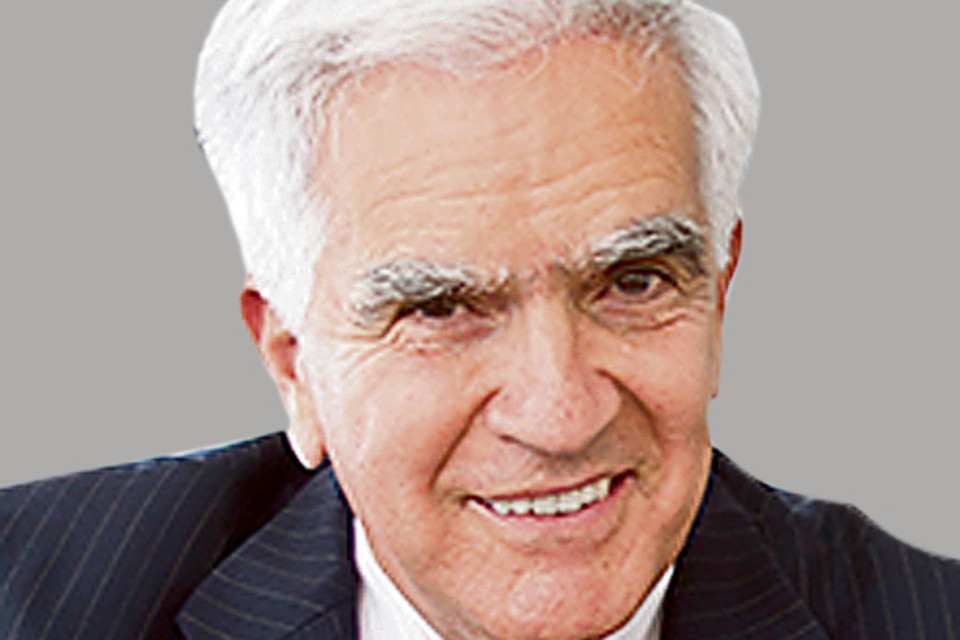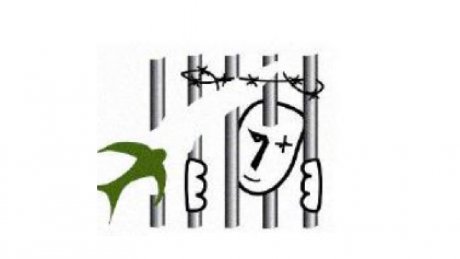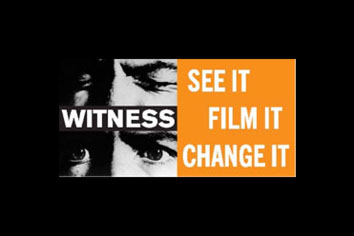Transformative justice is a general philosophical strategy for responding to conflicts. It takes the principles and practices of restorative justice beyond the criminal justice system. It applies to areas such as environmental law, corporate law, labor-management relations, consumer bankruptcy and debt, and family law. Transformative justice uses a systems approach, seeking to see problems, as not only the beginning of the crime but also the causes of crime, and tries to treat an offense as a transformative relational and educational opportunity for victims, offenders and all other members of the affected community. In theory, a transformative justice model can apply even between peoples with no prior contact. In contrast to restorative justice, no quantification or assessment of loss or harms or any assignment of the role of victim is made, and no attempt to compare the past (historical) and future (normative or predicted) conditions is made either. The victim is not normally part of the transformative process, but can choose to be. Participants agree only on what constitutes effective harms reduction, which may include separating or isolating perpetrator and victim. As in transformative learning, one works from desired future states back to the present steps required to reach them. The issue is not whether the perpetrator may make a choice to do something similar again, but whether the community is willing to support the victim and perpetrator in some form of contact. This model may have roots in the work of Samuel Tuke and B. F. Skinner but departs by relying on individual volunteers’ caring and supporting capacity, not any socially imposed etiquette derived from civilization. Transformative justice theory has been advanced by Ruth Morris and Giselle Dias of the Canadian Quakers. Philly Stands UP Art as a vehicle to justice part 2
Related Articles
the fight of a lawyer
negative and positive impact on public opinion
The judge against the world's worst criminals
The position of Fatou Bensouda
choosing the activists you want to support and the dictators you want to weaken
Améliorer une détention inhumaine
la mission des Prisonniers Sans Frontières
meet Nick Hager
International Bridges to Justice and the story of Karen Tse
What are the rights of the marginalized?
the work of the Pivot Legal Society
how can video become a catalyst for change
what is going wrong in Latin America?
![]()
STAY IN TOUCH
SUBSCRIBE TO OUR NEWSLETTER
AND RECEIVE OUR LATEST STORIES










